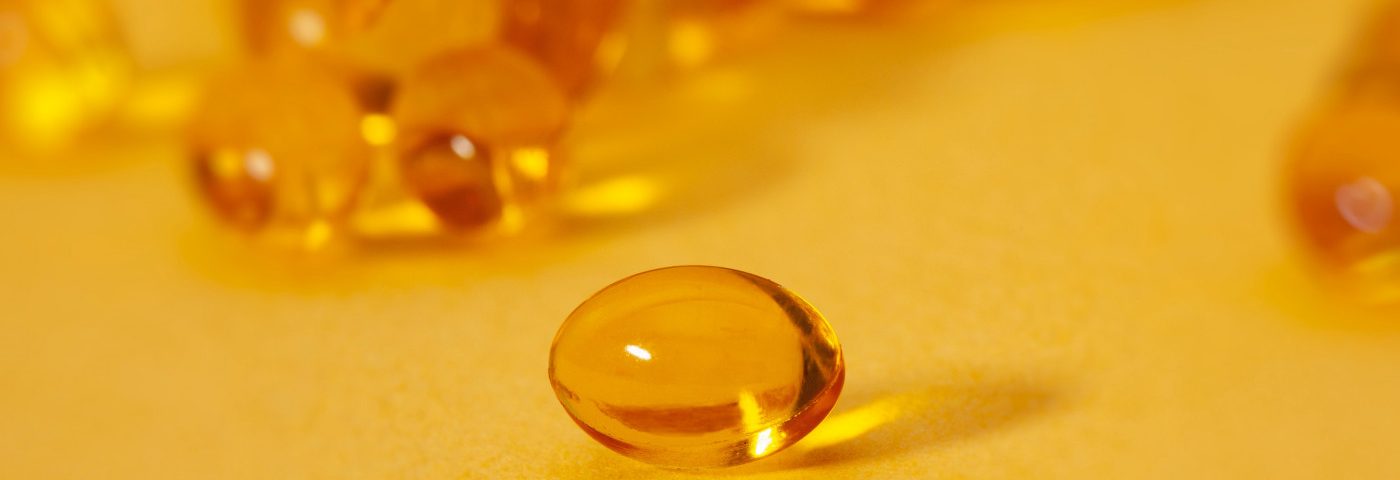Researchers have developed plant-based oral capsule shells that preserve the storage stability of phenylalanine ammonia lyase (PAL), the enzyme present in injectable Palynziq (pegvaliase-pqpz) for the treatment of people with phenylketonuria (PKU).
The next step will be to test the degree of destruction of these new capsules in the gastrointestinal tract to assess whether they could be used as an oral treatment for PKU patients, the researchers noted.
The study, “The effectiveness of plant hydrocolloids at maintaining the quality characteristics of the encapsulated form of L-phenylalanine-ammonia-lyase,” was published in the journal Heliyon.
PKU is characterized by deficient production of phenylalanine hydroxylase (PAH), an enzyme responsible for the conversion of phenylalanine — an essential amino acid obtained through the diet — into another amino acid, tyrosine. (Amino acids are the building blocks of proteins.)
Lower levels of PAH result in the toxic buildup of phenylalanine in the blood and organs, which mainly affect the brain.
BioMarin Pharmaceutical’s Palynziq is an approved PKU treatment that delivers an engineered version of a plant enzyme called PAL. PAL converts phenylalanine into harmless metabolites — ammonia and trans-cinnamic acid — that are posteriorly eliminated from the body. That’s how Palynziq prevents phenylalanine buildup and subsequent damage.
Despite BioMarin’s initial efforts to develop an oral formulation of Palynziq, the oral PAL versions tested did not “survive” in the gastrointestinal tract and thus showed low effectiveness. Notably, an oral formulation of PAL would have the potential to be not only more practical for patients, but also less expensive.
“The widespread therapeutic use of PAL is hampered by the absence of the tested technologies for purification and stabilization, as well as a stable form that ensures the preservation of the enzyme to a direct reaction with phenylalanine, especially in the acidic environment of the stomach,” the researchers wrote.
The main challenge in developing an orally administered version of the PAL enzyme is to create a suitable capsule that provides stability to PAL when in storage, protects it from degradation in the stomach, allows its interaction with phenylalanine, and prevents immune responses against it.
Researchers at the Institute of Living Systems at Immanuel Kant Baltic Federal University (IKBFU) and the Kemerovo State University, in Russia, set out to evaluate the storage stability of PAL using plant-based capsule shells.
The team chose to develop and test capsules with three plant polysaccharides (large sugar molecules): agar-agar, carrageenan, and hydroxypropyl methylcellulose. This choice was based on plant polysaccharides’ naturalness, high biocompatibility and bioavailability, low toxicity, high availability, and relative low cost. Polysaccharides also were shown to increase the solubility and stability of compounds, including enzymes.
The stability of PAL’s activity was evaluated in 24 plant-based capsule formulations (each with a different proportion of these large sugar molecules) and a capsule-free formulation over six months of storage and at different temperatures (4°C to 30°C, or 39.2°F to 86°F).
Results showed that reductions in PAL’s activity reached 90% with some capsule formulations at 4°C and 30°C (39.2°F and 86°F) and that the most suitable storage temperature for all tested capsules was 25°C (77°F).
“The use of plant polysaccharides in capsules in combination with temperature regimes significantly affected the enzymatic activity and stability of the PAL enzyme preparation,” the researchers wrote.
Based on these data, they noted the plant-based capsules should be stored at a room temperature not exceeding 25°C (77°F).
The formulation that provided the best storage stabilization of PAL’s activity throughout the tested temperature range was the one that combined 10% of agar-agar and 5% of hydroxypropyl methylcellulose Notably, the presence of carrageenan in the capsule formulation often led to significant reductions in enzyme activity.
“The next stage of research will be devoted to studying the mechanisms of destruction of capsules with [PAL] under model conditions close to the conditions of the human gastrointestinal tract, since in the future the developed capsules will be used for replacement therapy of phenylketonuria,” Olga Babich, the study’s first author and director of the IKBFU’s Institute of Living Systems, said in a press release.

